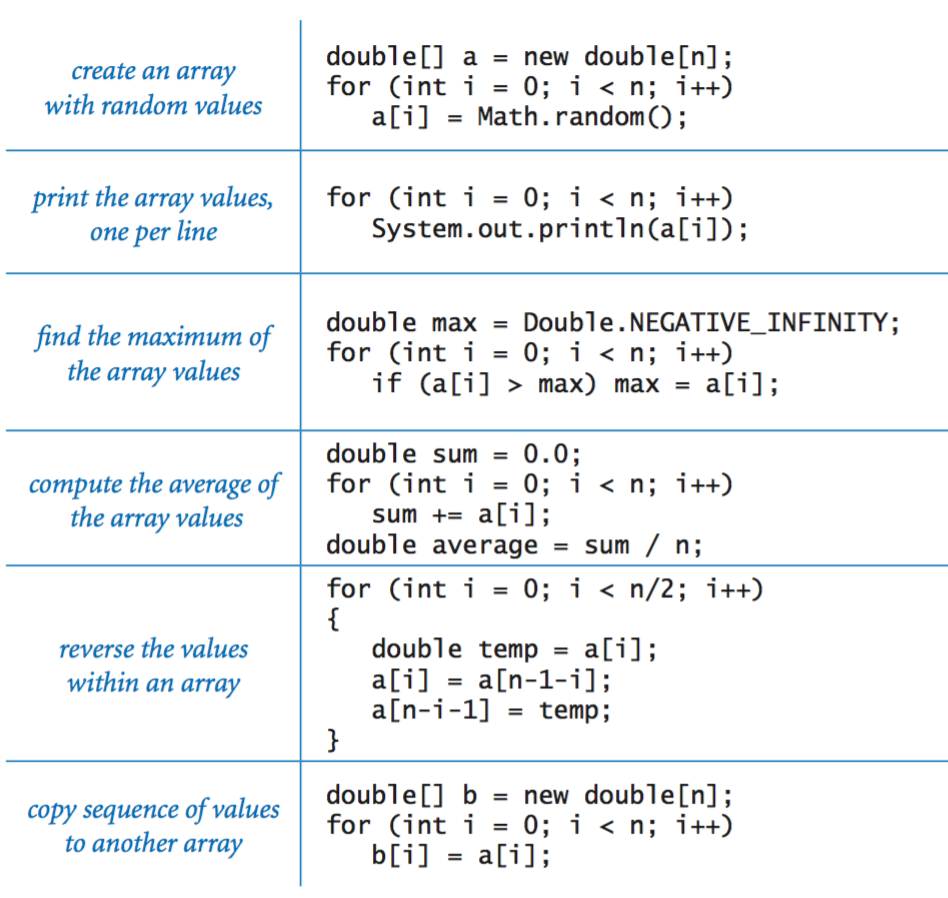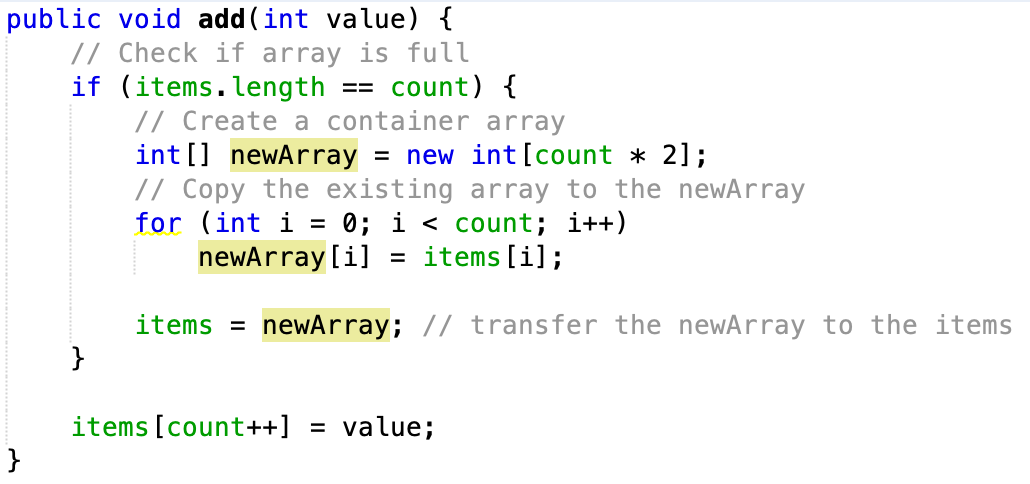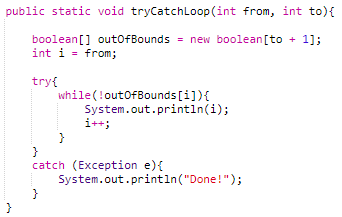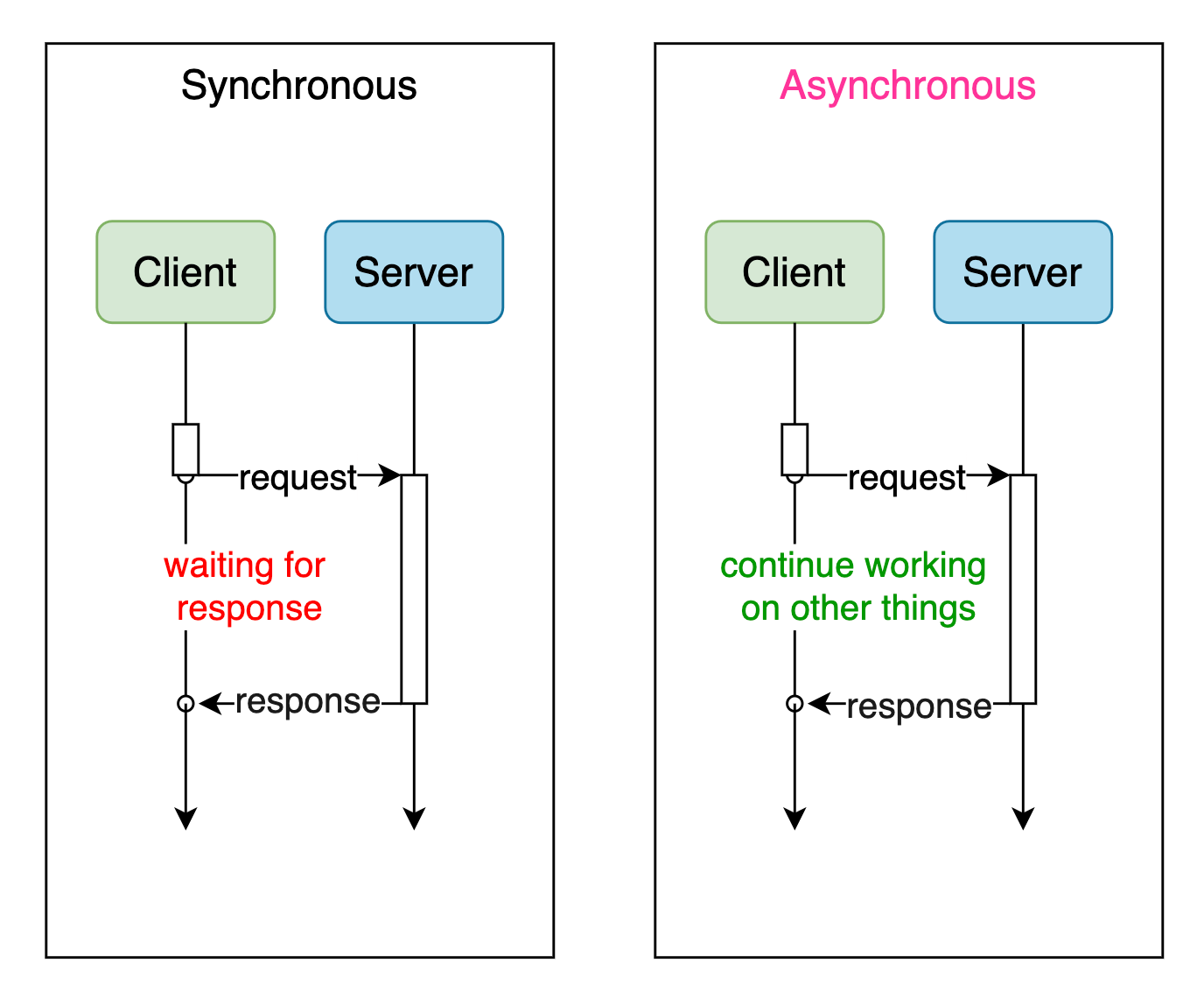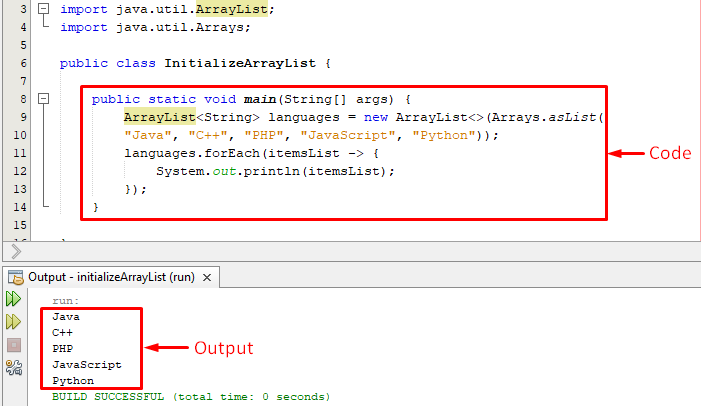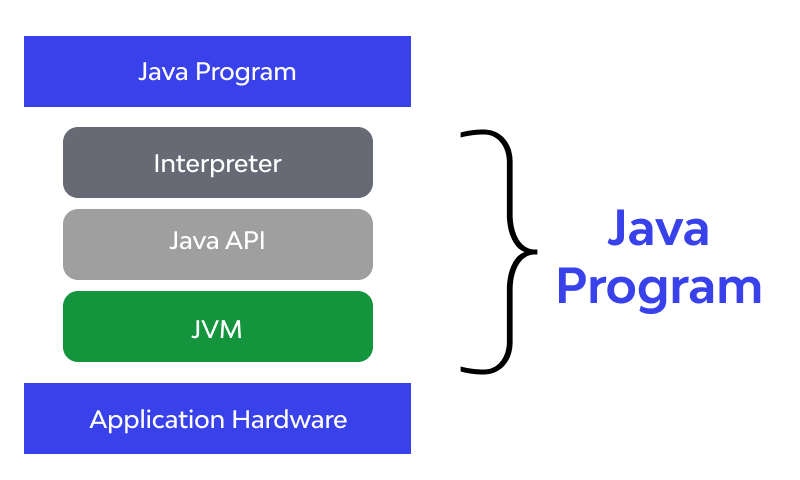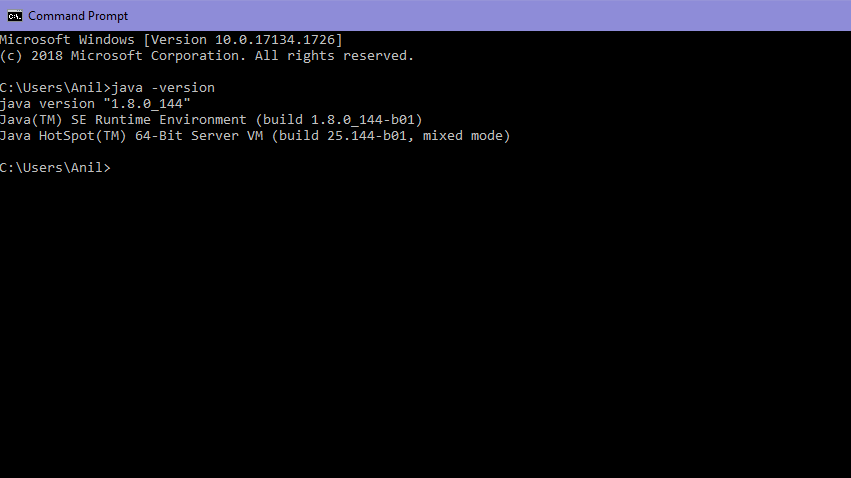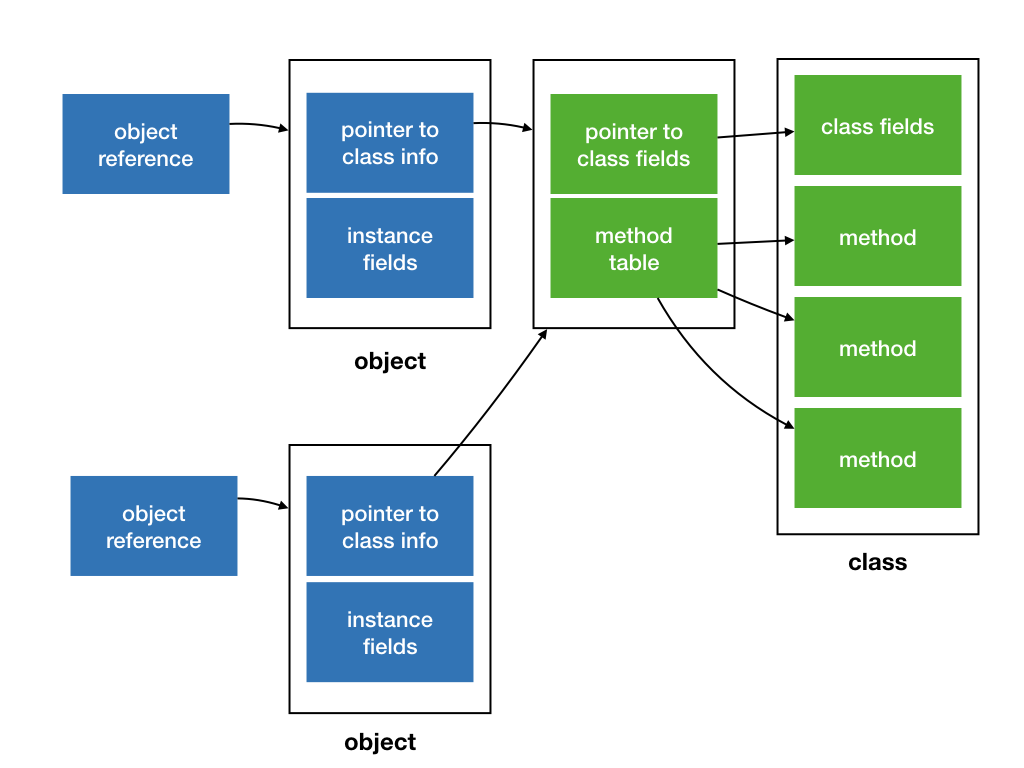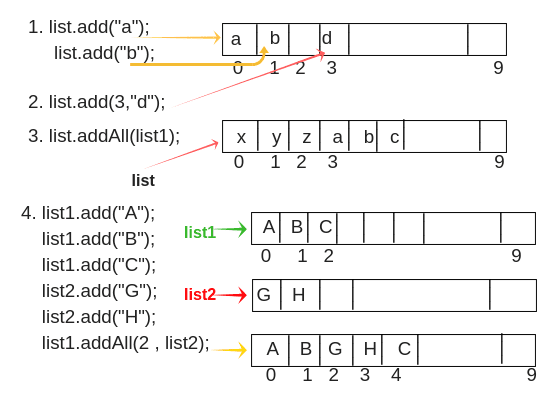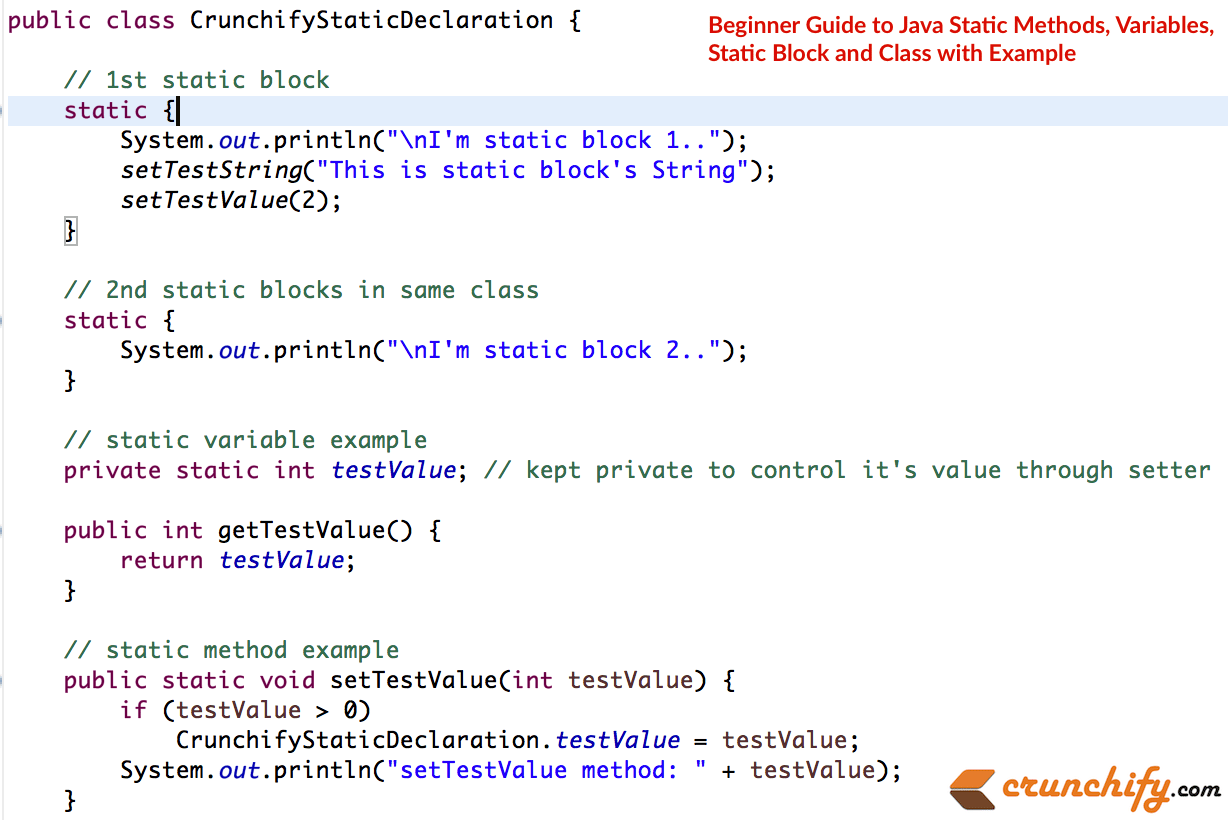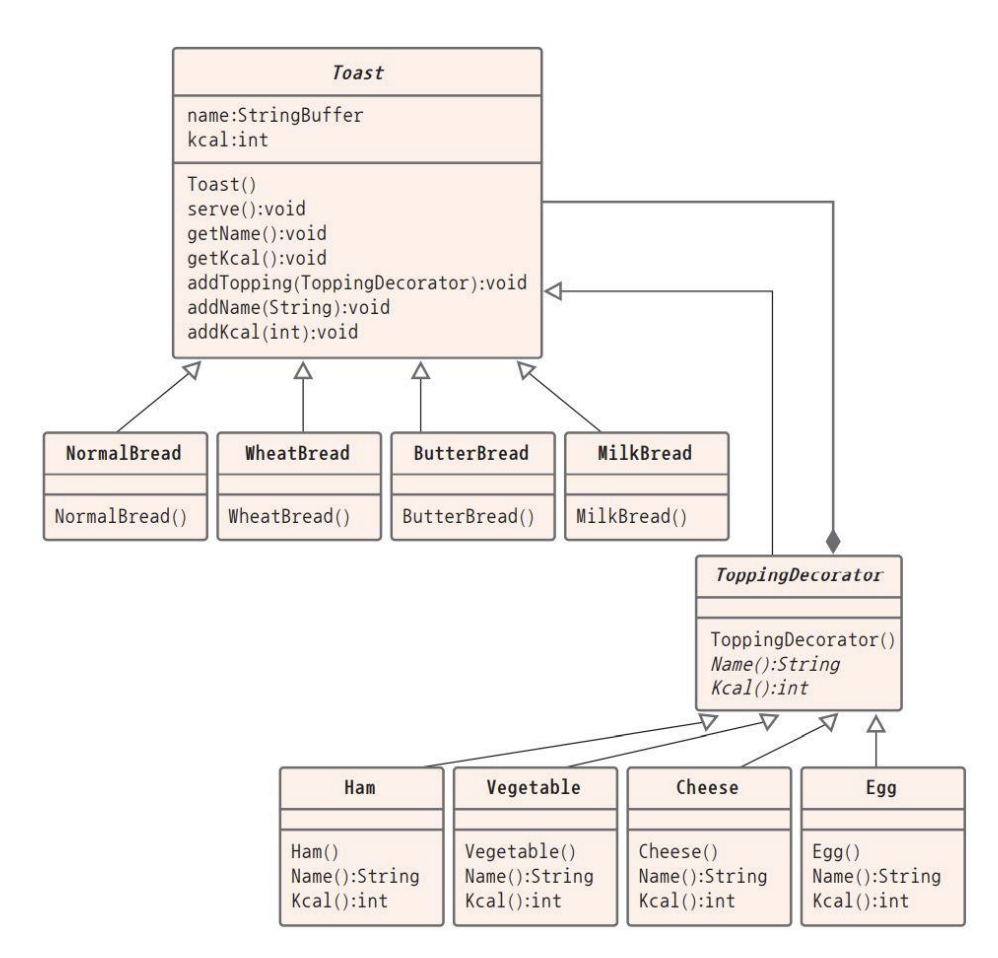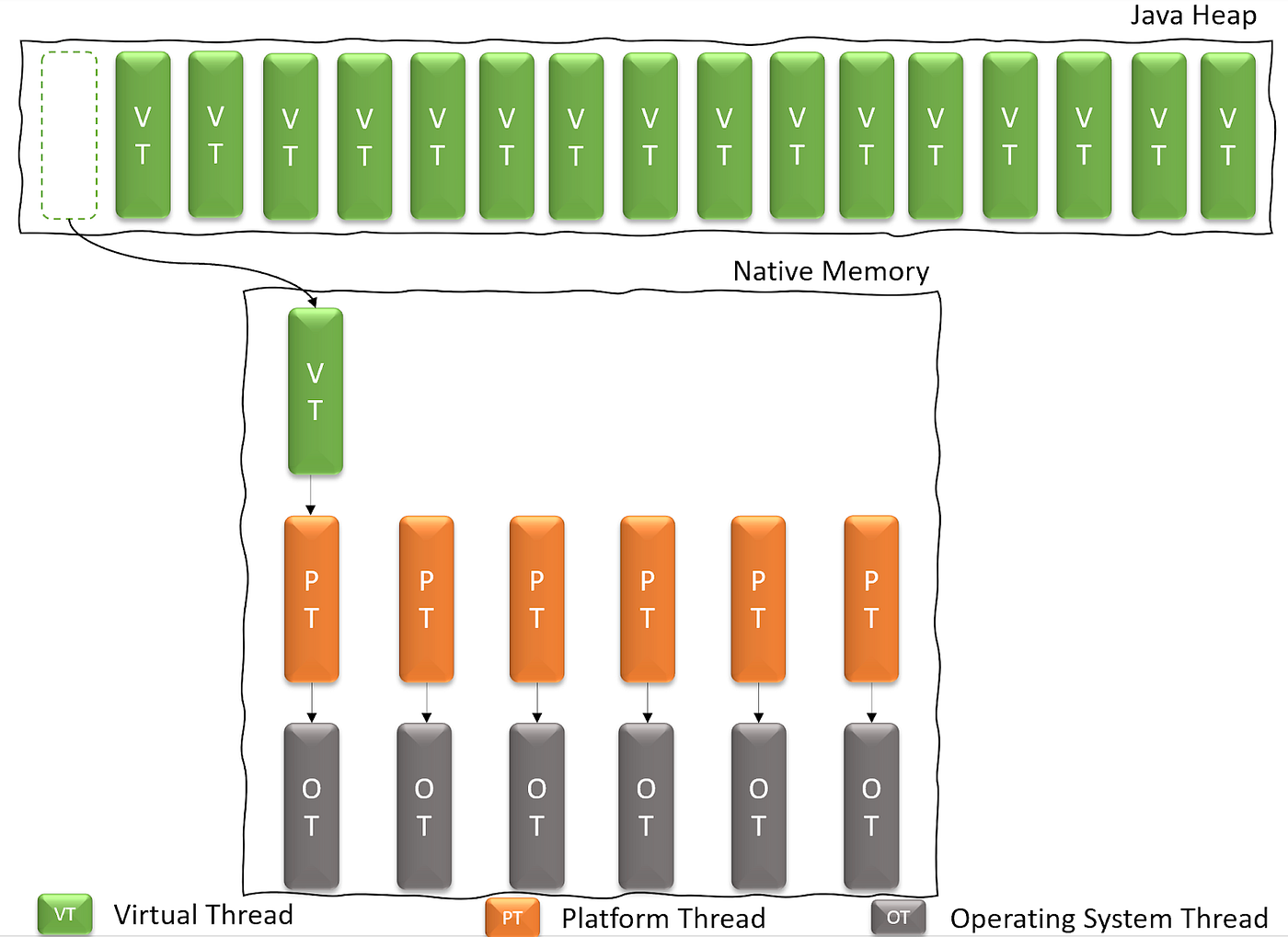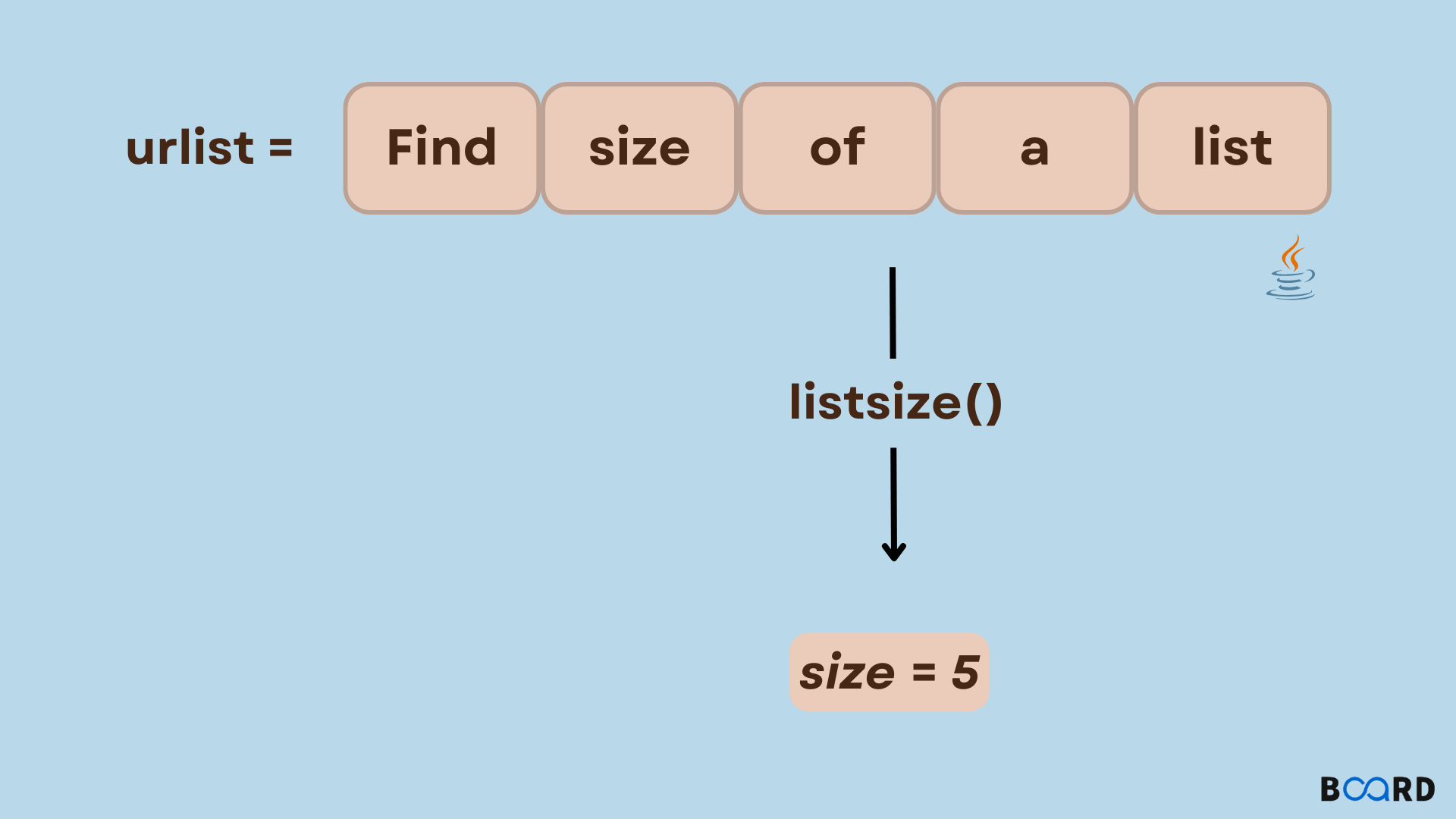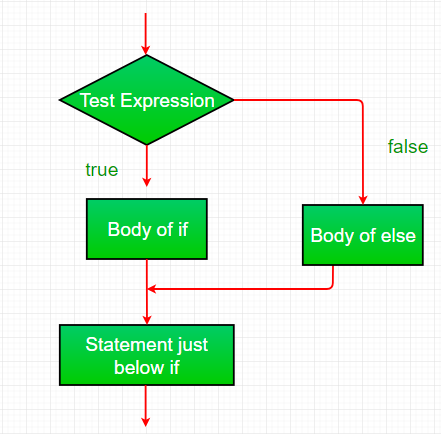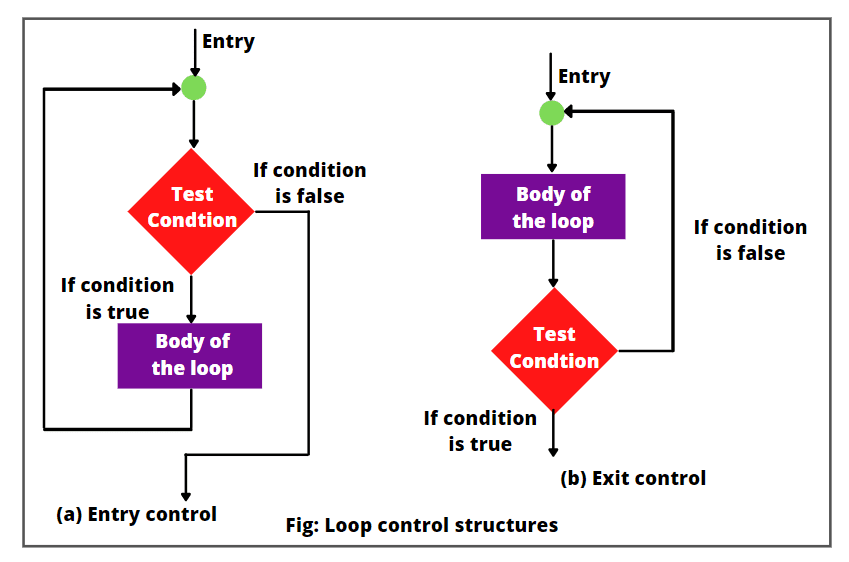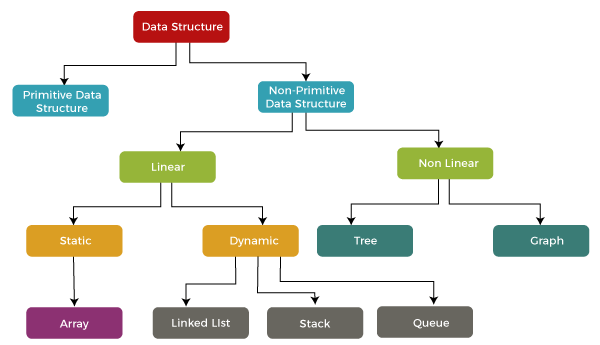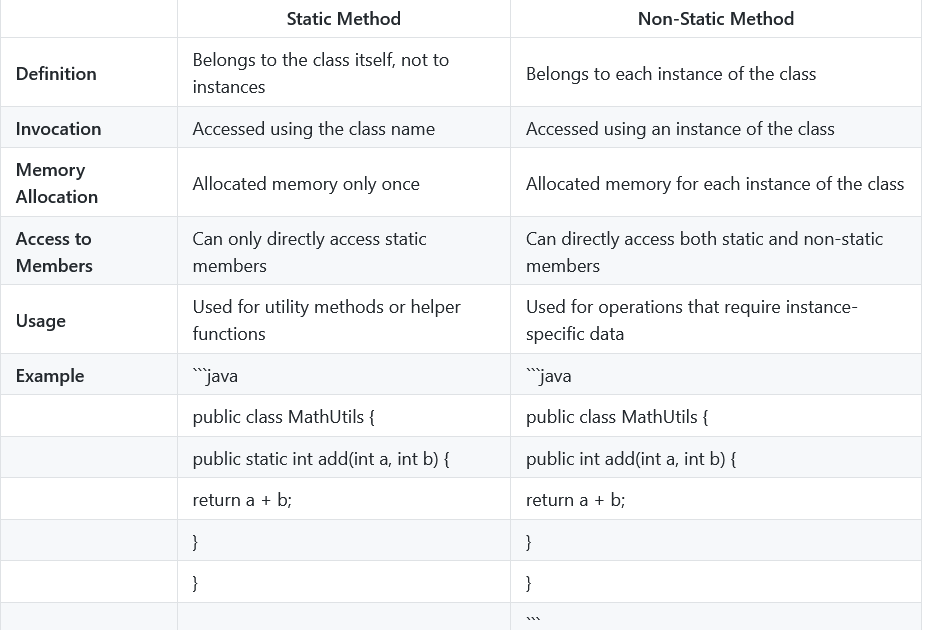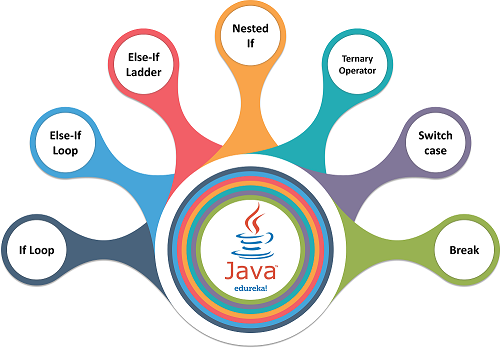why we use static method in java
why we use static method in java
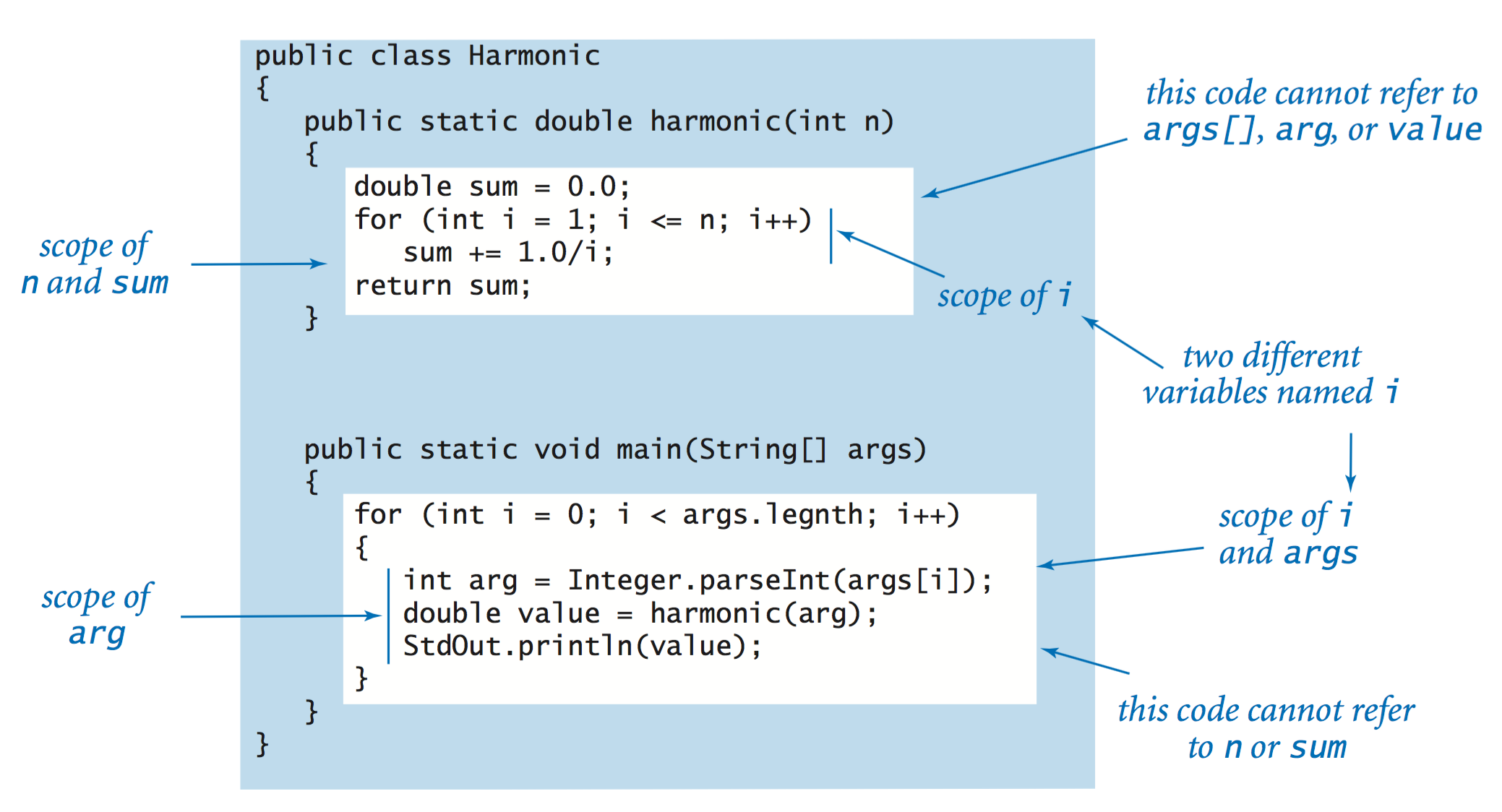
I'll respond in English as per your request!
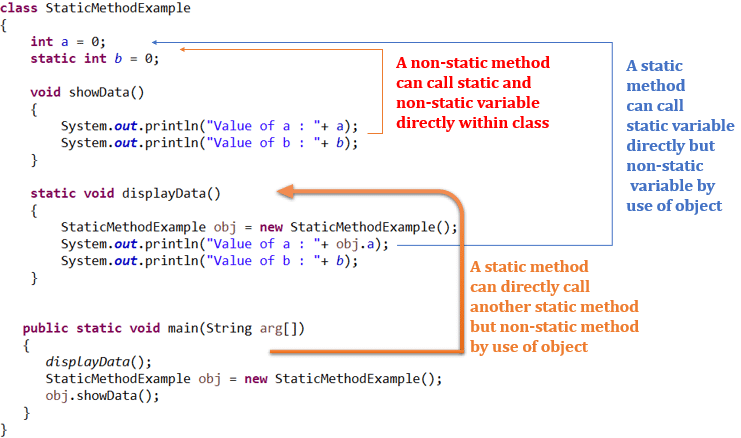
In Java, a static method is a method that belongs to the class itself rather than instances of the class. Static methods are used to provide utility functions or constants that can be accessed without creating an instance of the class.
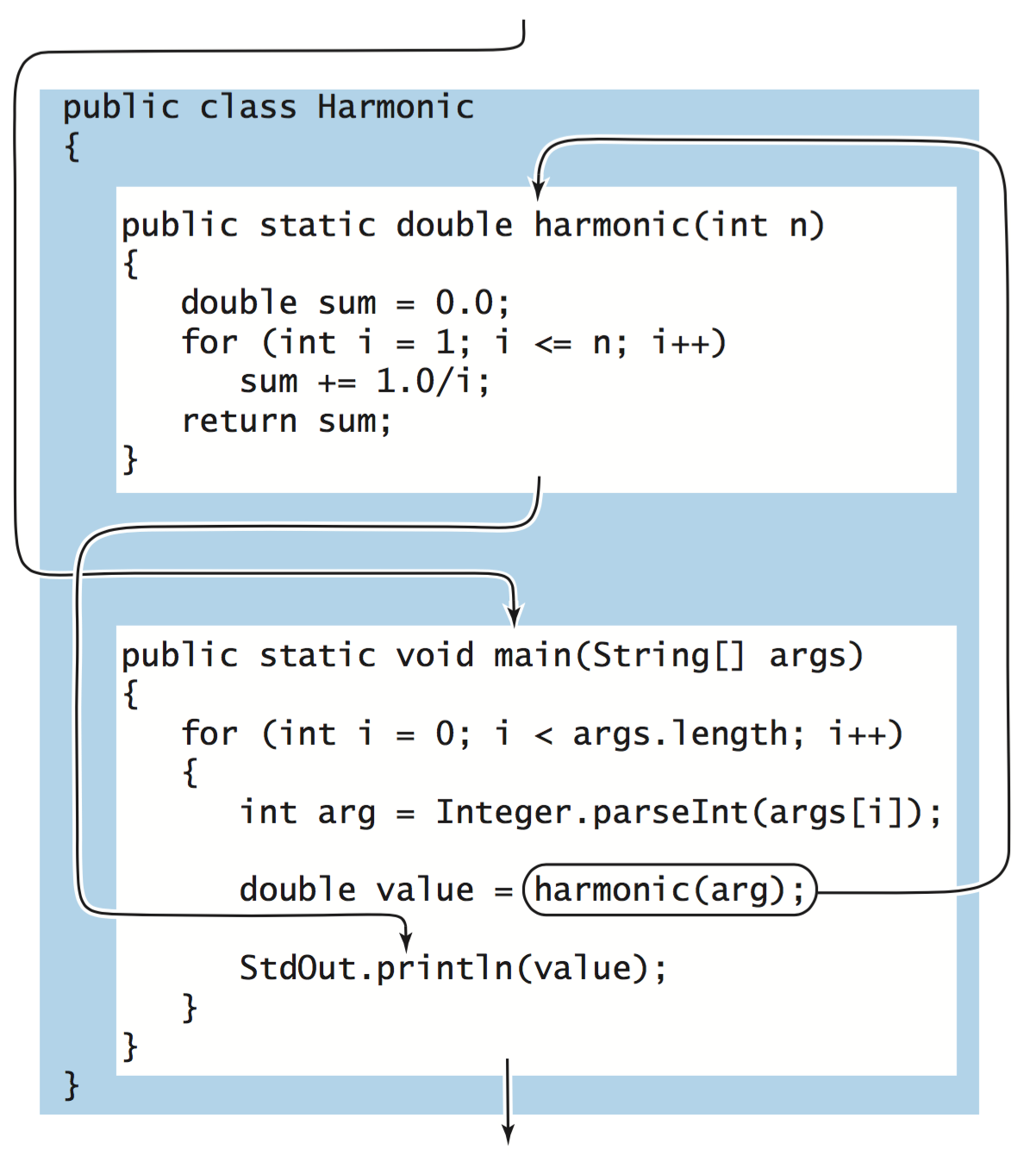
Here are some reasons why we use static methods in Java:
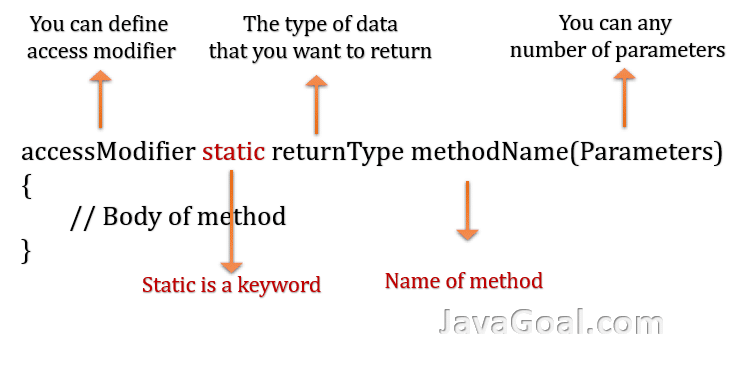
Example:
public class MathUtil {public static int add(int a, int b) {
return a + b;
}
}
int result = MathUtil.add(2, 3);
In this example, you can call the add method without creating an instance of the MathUtil class.
Example:
public class Logger {private static int logLevel = 1;
public static void setLogLevel(int level) {
logLevel = level;
}
public static void log(String message) {
if (logLevel > 0) {
System.out.println(message);
}
}
}
Logger.setLogLevel(2);
Logger.log("Hello World!"); // will print "Hello World!"
In this example, the setLogLevel and log methods are static and can access the shared state (logLevel) without creating an instance of the Logger class.
Example:
public class Counter {private static int count = 0;
public synchronized static void increment() {
count++;
}
}
class Main {
public static void main(String[] args) throws InterruptedException {
for (int i = 0; i < 10; i++) {
new Thread(() -> Counter.increment()).start();
}
Thread.sleep(100);
System.out.println("Count: " + Counter.count); // prints 10
}
}
In this example, the increment method is static and synchronized on the class level. Multiple threads can safely call this method to increment a shared counter without worrying about concurrent modifications.
Example:
public class StringUtil {public static String uppercase(String input) {
return input.toUpperCase();
}
}
String result = StringUtil.uppercase("hello"); // returns "HELLO"
In this example, the uppercase method is a utility function that can be reused across multiple classes and instances without having to create an instance of the StringUtil class.
Example:
public class Logger {private static Logger instance = null;
public static synchronized Logger getInstance() {
if (instance == null) {
instance = new Logger();
}
return instance;
}
}
Logger logger1 = Logger.getInstance();
Logger logger2 = Logger.getInstance(); // returns the same instance
In this example, the getInstance method is a static and synchronized utility function that returns the single instance of the Logger class.
In conclusion, using static methods in Java provides several benefits, including no requirement for an instance, shared state, thread-safety, utility functions, and singleton pattern. These benefits make static methods a valuable tool in your Java programming arsenal!
Why static members Cannot be overridden in Java?

I'd be happy to explain why static members cannot be overridden in Java!

In Java, methods can be overridden by subclasses if they have the same signature (name and parameter types) as the original method. However, this is not possible for static methods because of the way static methods are bound at compile-time.

Static methods belong to a class rather than an instance of that class. When you call a static method on a class, it's actually calling the static method directly on the class itself. This means that there is no implicit "this" reference like there is with instance methods, and the static method does not have access to any instance-specific data.
When you declare a static method in a superclass, you are essentially defining a specific implementation of that method for the entire hierarchy of classes below it. Since static methods do not rely on instances or their state, overriding a static method would imply changing the fundamental behavior of the class itself, rather than simply providing an alternative implementation.
If you were to try to override a static method in a subclass, you'd actually be creating a new static method that shadows the original one, but does not replace it. This is because the static method is bound at compile-time, so there's no way for the subclass to provide its own implementation of the static method.

Consider an analogy: Imagine you're building a house using pre-fabricated modules. Each module (instance) has its own specific design and functionality, but they all share the same fundamental blueprint (class). The blueprint defines the overall structure and layout of the house, whereas each module (instance) is responsible for implementing that blueprint in its own way.
In this scenario, static methods are like the blueprint itself - they define the fundamental behavior and characteristics of the entire class, rather than an instance. You can't override a blueprint, because it's not about providing alternative implementations; it's about changing the fundamental design and structure of the house itself.

In summary, static members cannot be overridden in Java because they are bound at compile-time and do not rely on instances or their state. Overriding a static method would imply changing the fundamental behavior of the class itself, rather than simply providing an alternative implementation.
